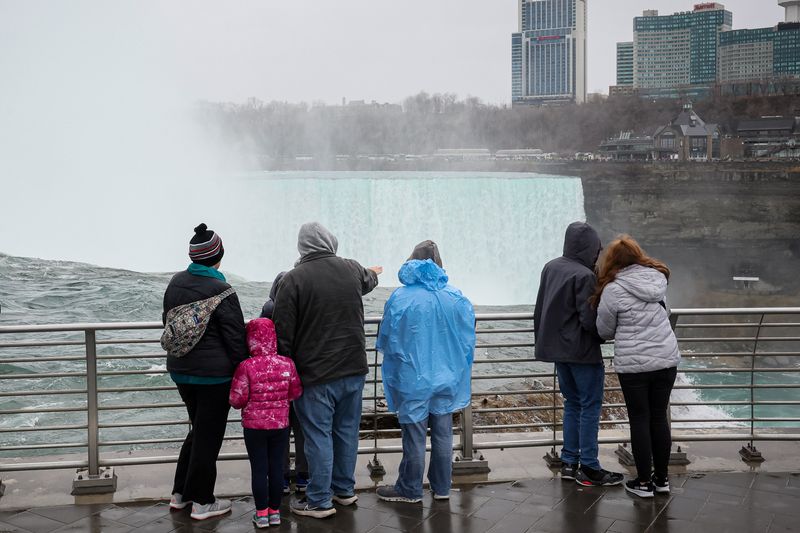U.S. to Launch Visa Bond Pilot Program Requiring Up to $15,000 for Some Tourist and Business Visas
WASHINGTON, D.C. – August 5, 2025 – The U.S. State Department has announced a new pilot program set to begin on August 20, 2025, that could require certain applicants for B-1 (business) and B-2 (tourist) visas to post bonds of up to $15,000. The initiative, detailed in a Federal Register notice published on August 5, aims to curb visa overstays by targeting applicants from countries with high overstay rates or insufficient screening and vetting processes.
The 12-month pilot program revives a Trump-era policy initially proposed in November 2020 but not fully implemented due to global travel restrictions during the COVID-19 pandemic. Under the program, consular officers will have the discretion to impose bonds of $5,000, $10,000, or $15,000, with a general expectation of requiring at least $10,000. The bond amount will be determined based on factors such as the applicant’s financial circumstances, purpose of travel, and ties to the United States. Bonds will be refunded, with applicable interest for cash bonds, to travelers who comply with their visa terms and depart the U.S. on time.
The program targets nonimmigrant visa applicants from countries identified as having high visa overstay rates, deficient document security controls, or offering citizenship-by-investment programs with no residency requirements. The list of affected countries will be announced at least 15 days before the program’s start on the Travel.State.Gov website and may be updated with 15 days’ notice. Citizens of Visa Waiver Program countries are exempt, and bonds may be waived based on individual circumstances.
The State Department estimates that the program will affect 200 to 300 applicants annually under normal travel conditions, though the number could be lower due to existing restrictions. If all applicants are required to post an average bond of $10,000, the program could involve up to $3 million in bonds, though these are temporary expenditures for compliant travelers. The initiative also serves as a diplomatic tool to encourage foreign governments to strengthen identity verification and public safety measures.
Critics argue the bond requirement could make U.S. travel unaffordable for many, particularly from developing nations, potentially limiting legitimate tourism and business visits. Supporters, however, view it as a necessary measure to ensure compliance with immigration laws, citing an estimated 500,000 visa overstays in fiscal year 2023.
The State Department has historically discouraged visa bonds due to the complexity of processing and public misperceptions but sees the pilot as a way to assess operational feasibility in coordination with the Departments of Homeland Security and Treasury. Further details, including the list of targeted countries, will be available closer to the program’s launch. For more information, visit www.travel.state.gov.
